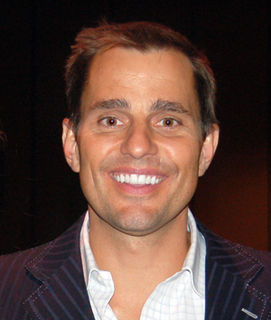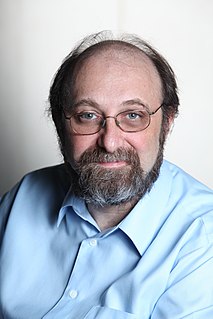A Quote by Bill Rancic
I had a very good job in corporate America, but I quickly knew that was not how I was wired.
Related Quotes
We have seen how Zika has become a very serious problem in Brazil, in other parts of Latin America, in this hemisphere. During the summer it can arrive very quickly here in south Florida, in the whole state. In a very hot climate in summer, where mosquitos begin to spread very quickly, it's a very serious threat.
I had been a veteran of pretty challenging job searches, so I knew firsthand how frustrating, confusing, and demoralizing the job search process can be. Even after you get a job, many people join companies and discover in the first couple weeks that they aren't a good match with the personality and values of the company.
I don't feel I was 'born American,' but my homeland was denied to me after the end of World War II, and I craved something I could identify with. When I became a student at Harvard in the 1950s, America very quickly filled the vacuum. I felt I was American, but I think it's more revealing of America how quickly others here accepted me.
Apple does all of its research and development in America. It has all these brilliant people sitting in Silicon Valley. But until recently, Apple made nothing in America. Zero. And the jobs that were accessible to a good, well-trained worker that knew how to do welding or assembly, none of those jobs had stayed in America. We don't have the workforce.
I've always resented the smug statements of politicians, media commentators, corporate executives who talked of how, in America, if you worked hard you would become rich. The meaning of that was if you were poor it was because you hadn't worked hard enough. I knew this was a lite, about my father and millions of others, men and women who worked harder than anyone, harder than financiers and politicians, harder than anybody if you accept that when you work at an unpleasant job that makes it very hard work indeed.
...It would be possible to make much more progress than has been made if the NCI knew its job better, knew how to make discoveries...The NCI really does not know how to make discoveries....So long as the NCI is not willing to follow up ideas that seem good to people who have had experience making discoveries, the work of the NCI is going to be pedestrian.



































